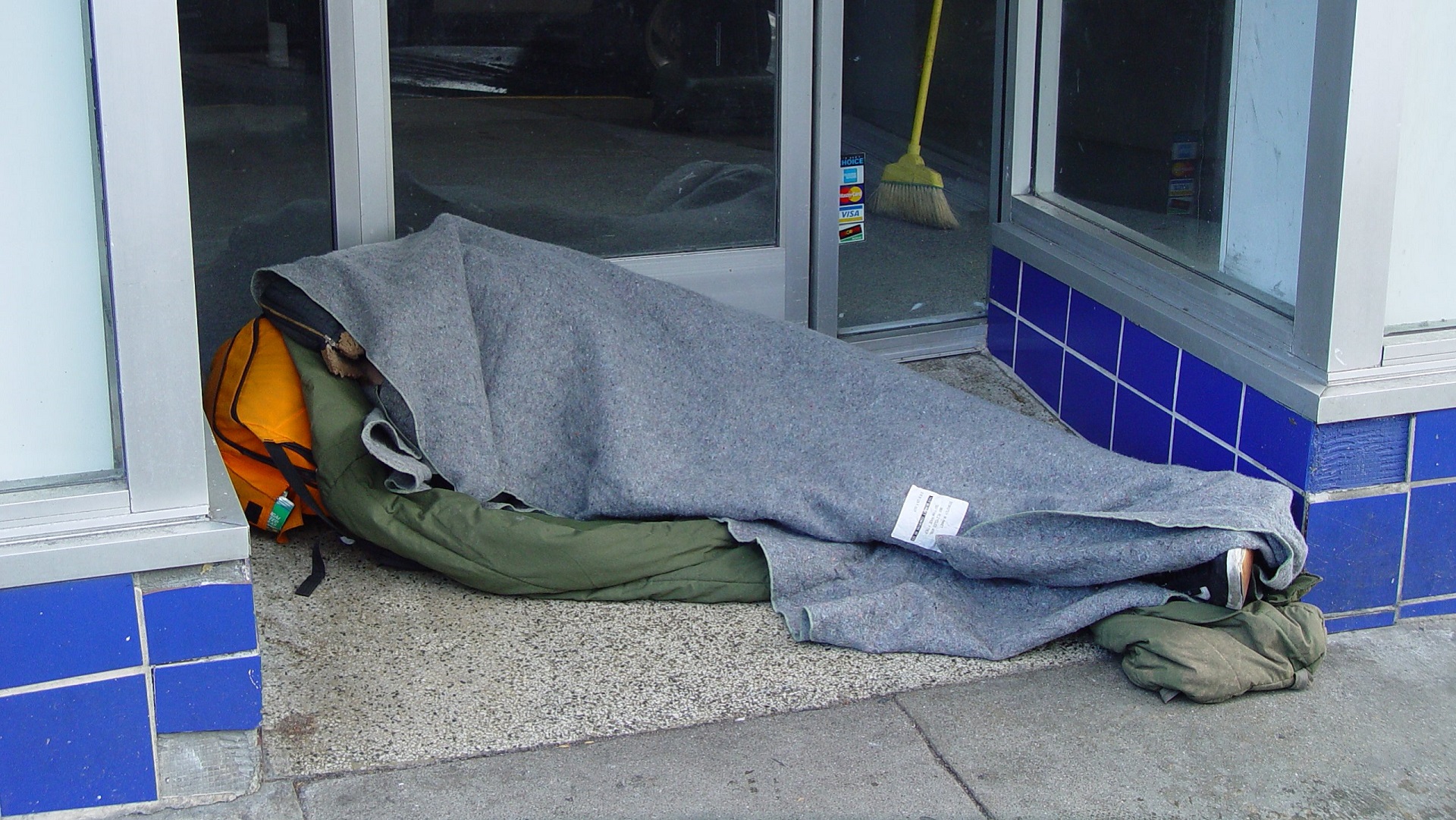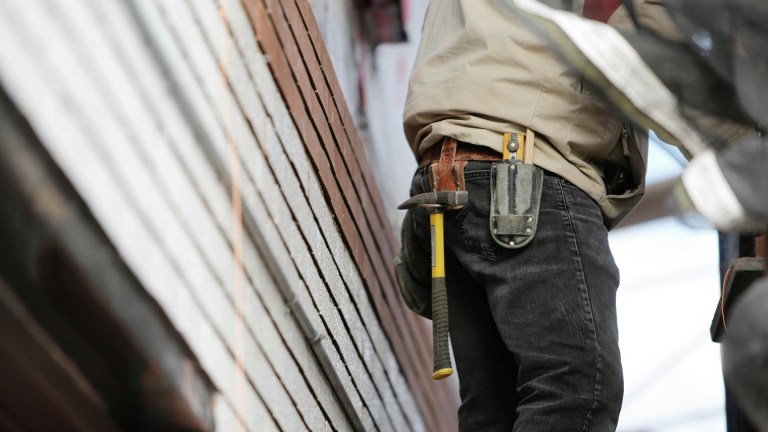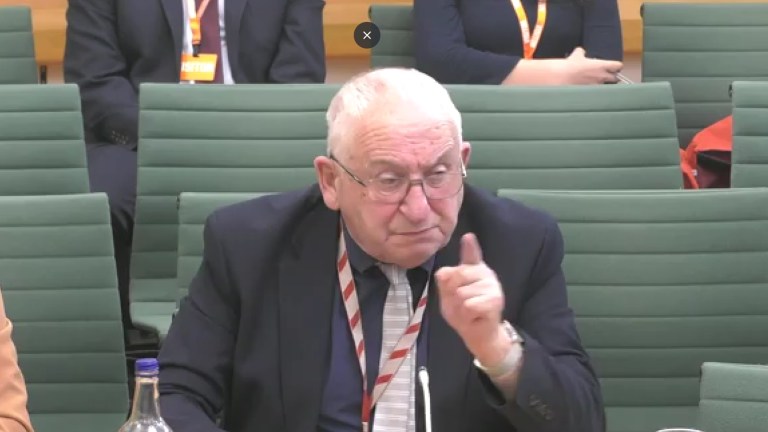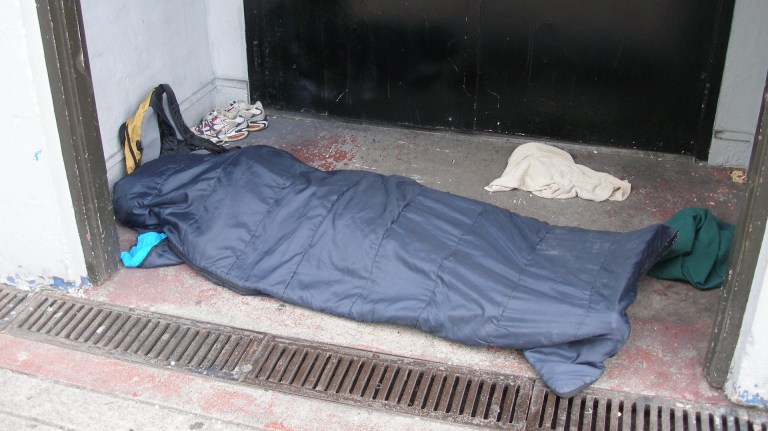“Housing First supports people with the most challenging issues and is already working in Greater Manchester, Liverpool City Region and the West Midlands. But as it stands, funding for those pilots will end from next year. We must not turn our backs on the progress made and the people supported.
“We urge the UK government to commit to funding the three pilots beyond 2022 and start scaling up Housing First across England to help fulfill its pledge to end rough sleeping by 2024.”
Now is the time to expand Housing First across England and make it accessible to more people, not fewerJon Sparkes, Crisis chief executive
The Housing First model is widely regarded as the definitive model to end street homelessness and is behind success in Finland where rough sleeping has effectively been eradicated over the last three decades. The model is fast becoming the standard in Scotland too.
Currently, there is provision for 2,000 people in housing programmes across England – far below the levels needed for the UK government to hit its target of ending rough sleeping, the report concluded.
Out of the 2,000 spaces, 1,100 have been provided through the three pilot programmes across the north of England and the West Midlands, launched in 2018.
The pilots have seen 750 people offered permanent accommodation while 450 people have been housed with 88 per cent maintaining their tenancies.
Advertising helps fund Big Issue’s mission to end poverty
A spokesperson for the Ministry for Housing Communities and Local Government told The Big Issue: “The independent evaluation of the Housing First pilots is underway, and we will consider these findings going forward.”
Before the pandemic, Crisis and Homeless Link estimated at least 16,450 people could benefit from Housing First.
But the coronavirus response saw Westminster leaders offer accommodation to 37,000 people through the Everyone In scheme to protect rough sleepers from the virus.
Now both central and local government is working to find permanent homes for many of the people in the scheme through the Rough Sleeping Accommodation Programme. The programme is funded as part of the £750m the government is spending on rough sleeping and homelessness in 2021.
But the APPG report warned the focus on temporary and emergency accommodation is “unsuitable and fails to provide adequate stability and support” and warned that the efforts are “managing people’s homelessness, not ending it”.
After speaking to 65 people living in Housing First accommodation as well as city leaders and international experts, the MPs behind the APPG have urged a wider roll-out of the model across England and want the model to become the default option of support for people with multiple serious needs that compound their homelessness. According to the Centre for Social Justice, there is a £1.56 saving for every £1 spent on the cost of service provision.
Advertising helps fund Big Issue’s mission to end poverty
Crisis, the homelessness charity working with MPs on the APPG, has also backed the model’s role in ending rough sleeping.
“Housing First works,” said Crisis chief executive Jon Sparkes. “Evidence from these three city regions and around the world shows that Housing First is the most effective approach to ending the homelessness of people with complex needs.
“It is unthinkable that the pilots could be stopped from providing that vital support to over a thousand people. Now is the time to expand Housing First across England and make it accessible to more people, not fewer.”
Hundreds of thousands of people are at risk of losing their homes right now. One UK household is being made homeless every three-and-a-half hours.
You can help stop a potential avalanche of homelessness by joining The Big Issue’s Stop Mass Homelessness campaign. Here’s how:
Advertising helps fund Big Issue’s mission to end poverty










